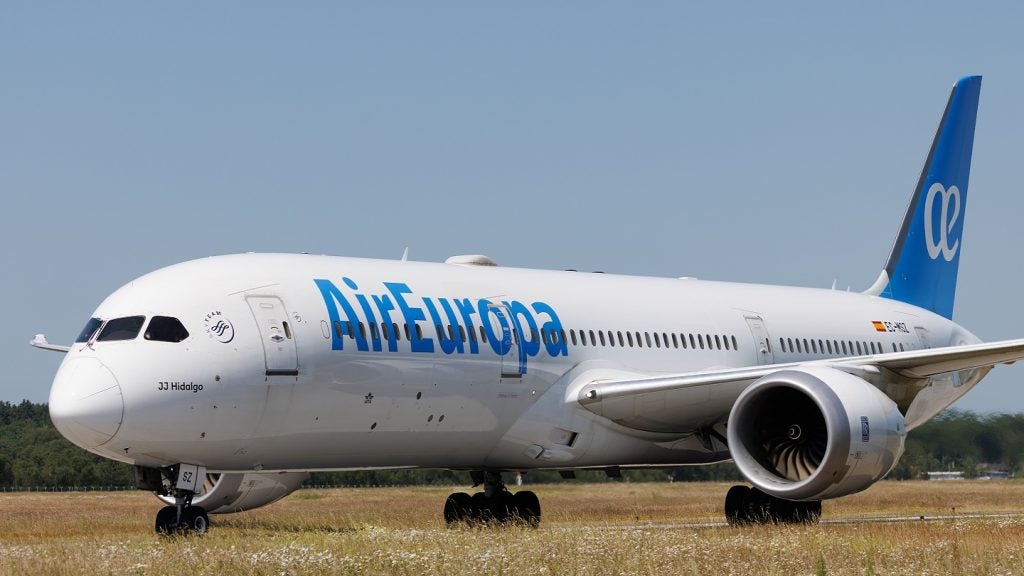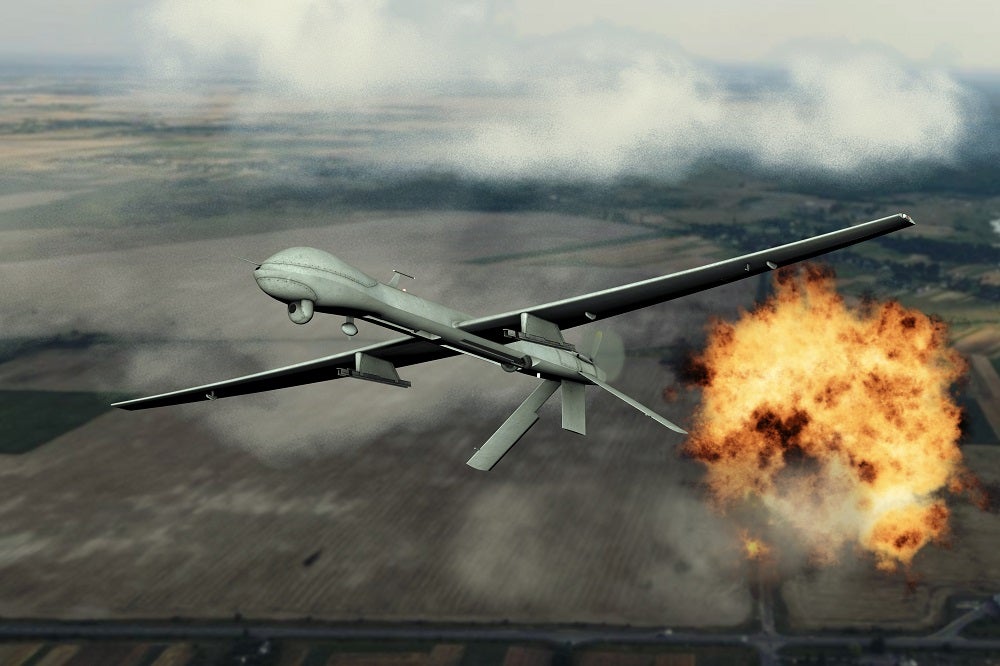The US Miami-Dade board of county commissioners has approved Miami-Dade Aviation Department’s (MDAD) first $1bn operating budget, which will help with the expansion of Miami International Airport (MIA).
During the fiscal year from 2015-2016, a 4% rise in passengers from hub carrier American Airlines increased the airport's revenue.
A total of eight new airlines were added to MIA during the same period, including Austrian Airlines, Eurowings, Finnair, Scandinavian Airlines, Silver Airways, Surinam Airways, Turkish Airlines and VivaColombia.
The airport currently handles 108 passenger and cargo carriers annually.
Miami-Dade Aviation Department director Emilio González said: “Our first-ever billion dollar budget is further testament to MIA’s significance within the local, state and national economy.
“With three more airlines launching service in the fourth quarter, others expected in 2017, and new business development initiatives, including cargo redevelopment, on the horizon, we look forward to expanding our economic impact even further.”
How well do you really know your competitors?
Access the most comprehensive Company Profiles on the market, powered by GlobalData. Save hours of research. Gain competitive edge.

Thank you!
Your download email will arrive shortly
Not ready to buy yet? Download a free sample
We are confident about the unique quality of our Company Profiles. However, we want you to make the most beneficial decision for your business, so we offer a free sample that you can download by submitting the below form
By GlobalDataMIA said that the aviation department has received more than $80m in surplus since the beginning of the year.
The department is also reducing its airline landing fee at MIA from $1.68 to $1.63 per 1,000lb of gross landed weight.
Miami-Dade county mayor Carlos Gimenez said: “MIA continues to be the backbone of our community for business revenue, job creation, tourism and trade.
“Additionally, a lower landing fee will only help retain existing carriers and attract new ones.
“In spite of struggling economies throughout Latin America, MIA’s growth speaks volumes about its evolution into a truly global gateway.”







